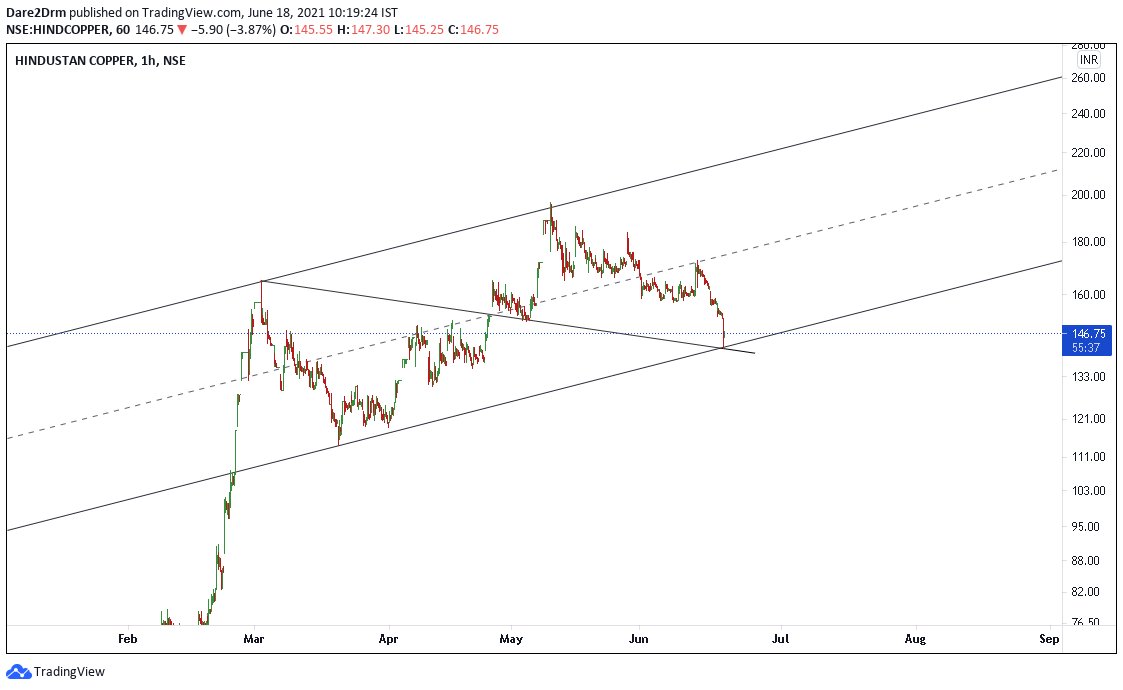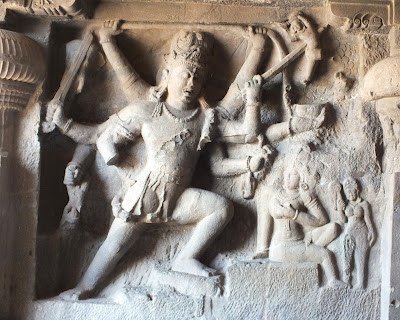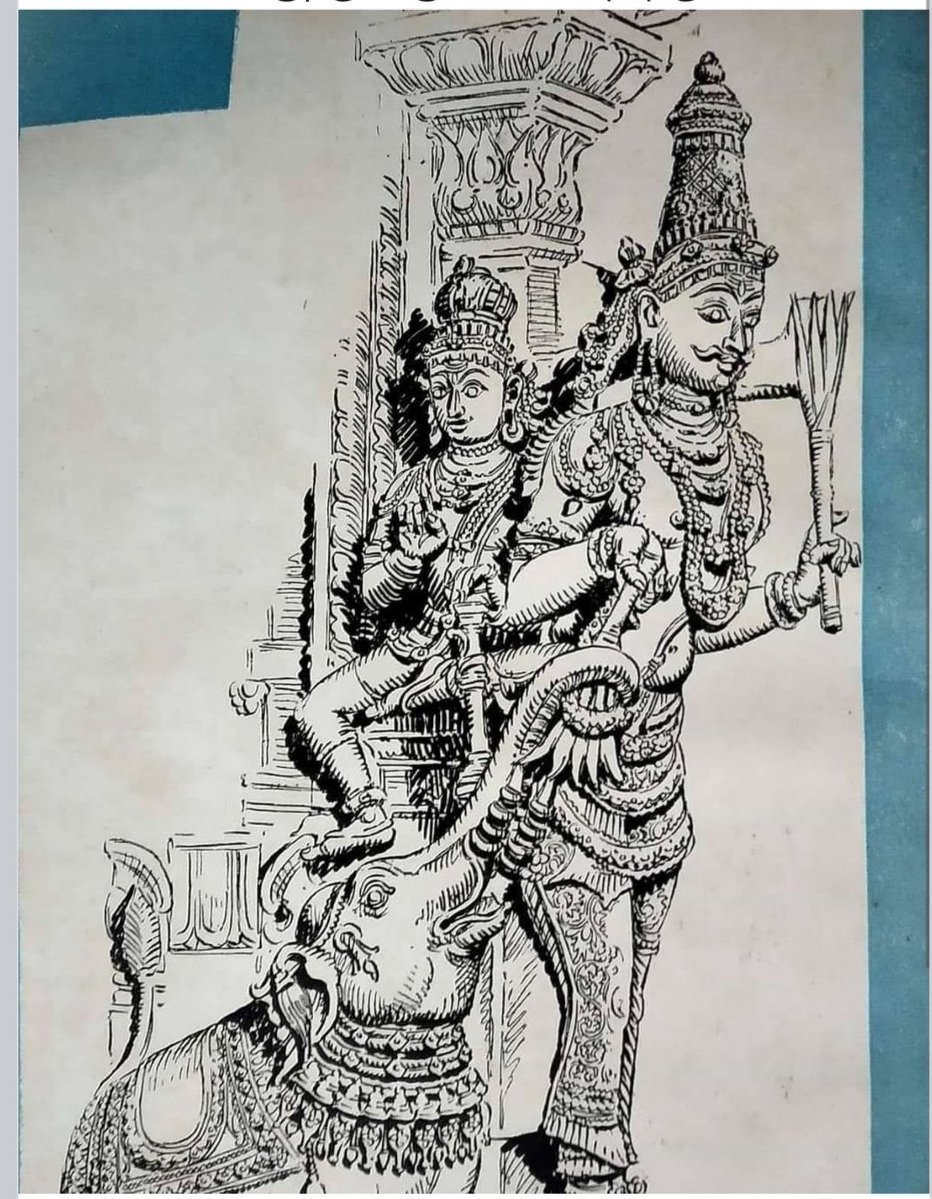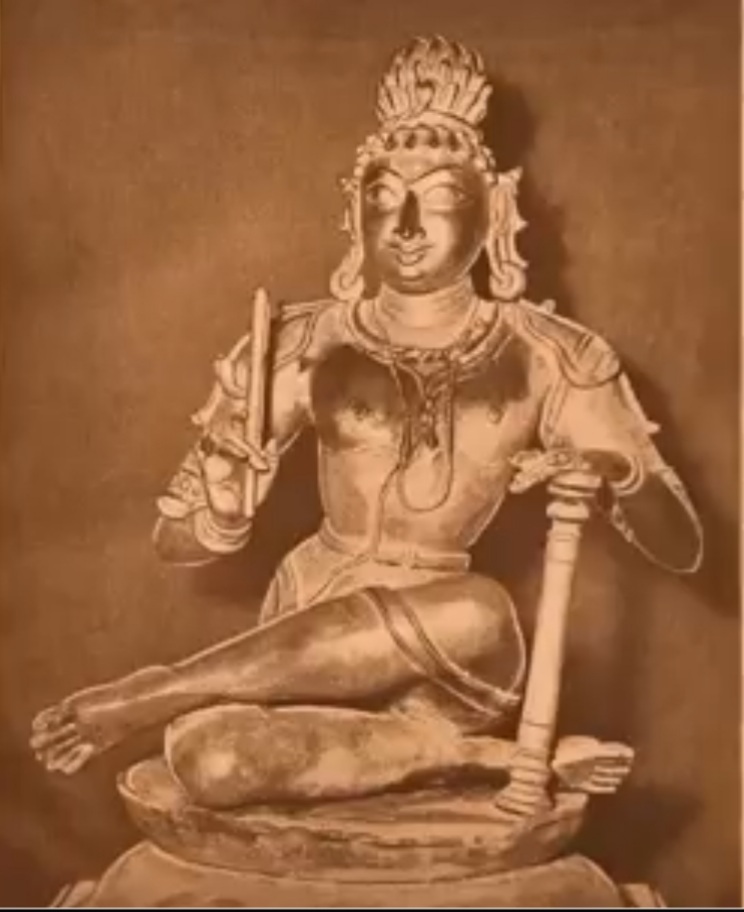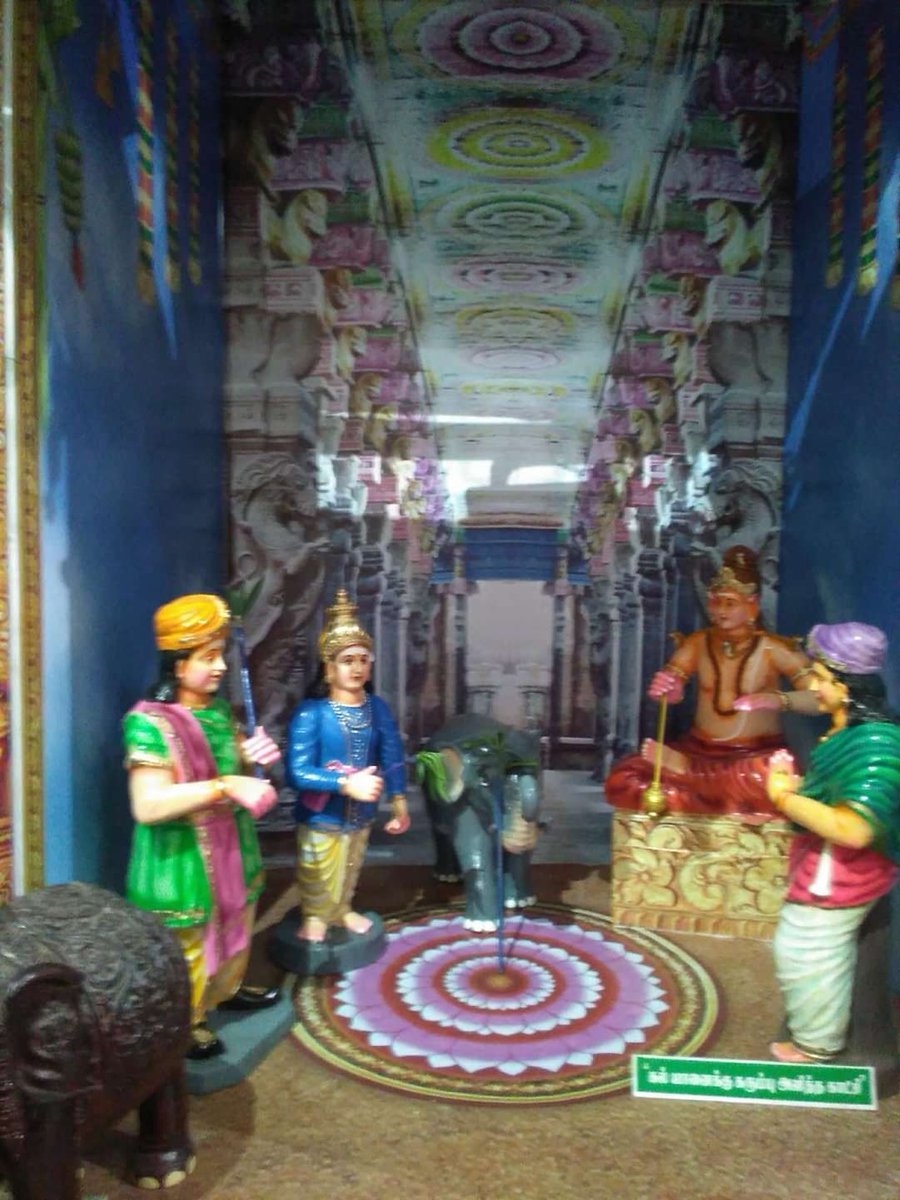Those who attended yesterday's webinar might be familiar now!!
It's not as difficult as it looks!!
https://t.co/wlp0PRyLzU
#HindCopper 168
More from Nishant Kumar
More from Nishhindcopper
Hindustan copper - Updated today's chart!!
A simple and clean chart, international prices are soaring, mines are limited, demand is growing!!
can it sustain the rise and continue to stay outside of the trendline, watch out!!
@nishkumar1977 https://t.co/bICIr6RHVf

A simple and clean chart, international prices are soaring, mines are limited, demand is growing!!
can it sustain the rise and continue to stay outside of the trendline, watch out!!
@nishkumar1977 https://t.co/bICIr6RHVf

Hindustan copper - Another clean and simple chart!!
— Moneyspinners-Work 4UR Dreams (@Jai0409) April 16, 2021
Whenever international prices shot up commodity stocks start soaring, previously it went up from 73 to 165!!
Now can it give move to 200/230+!!
Chart\U0001f447 https://t.co/1TJRP7rj0P pic.twitter.com/oFuBpgFgpl
You May Also Like
I just finished Eric Adler's The Battle of the Classics, and wanted to say something about Joel Christiansen's review linked below. I am not sure what motivates the review (I speculate a bit below), but it gives a very misleading impression of the book. 1/x
The meat of the criticism is that the history Adler gives is insufficiently critical. Adler describes a few figures who had a great influence on how the modern US university was formed. It's certainly critical: it focuses on the social Darwinism of these figures. 2/x
Other insinuations and suggestions in the review seem wildly off the mark, distorted, or inappropriate-- for example, that the book is clickbaity (it is scholarly) or conservative (hardly) or connected to the events at the Capitol (give me a break). 3/x
The core question: in what sense is classics inherently racist? Classics is old. On Adler's account, it begins in ancient Rome and is revived in the Renaissance. Slavery (Christiansen's primary concern) is also very old. Let's say classics is an education for slaveowners. 4/x
It's worth remembering that literacy itself is elite throughout most of this history. Literacy is, then, also the education of slaveowners. We can honor oral and musical traditions without denying that literacy is, generally, good. 5/x
As someone\u2019s who\u2019s read the book, this review strikes me as tremendously unfair. It mostly faults Adler for not writing the book the reviewer wishes he had! https://t.co/pqpt5Ziivj
— Teresa M. Bejan (@tmbejan) January 12, 2021
The meat of the criticism is that the history Adler gives is insufficiently critical. Adler describes a few figures who had a great influence on how the modern US university was formed. It's certainly critical: it focuses on the social Darwinism of these figures. 2/x
Other insinuations and suggestions in the review seem wildly off the mark, distorted, or inappropriate-- for example, that the book is clickbaity (it is scholarly) or conservative (hardly) or connected to the events at the Capitol (give me a break). 3/x
The core question: in what sense is classics inherently racist? Classics is old. On Adler's account, it begins in ancient Rome and is revived in the Renaissance. Slavery (Christiansen's primary concern) is also very old. Let's say classics is an education for slaveowners. 4/x
It's worth remembering that literacy itself is elite throughout most of this history. Literacy is, then, also the education of slaveowners. We can honor oral and musical traditions without denying that literacy is, generally, good. 5/x



